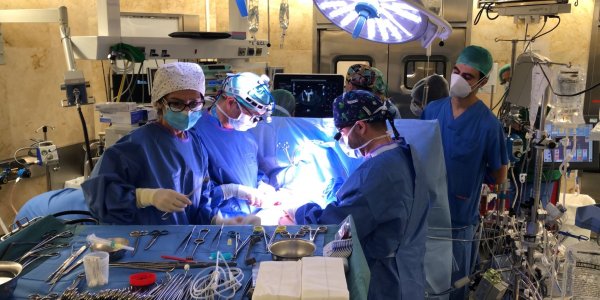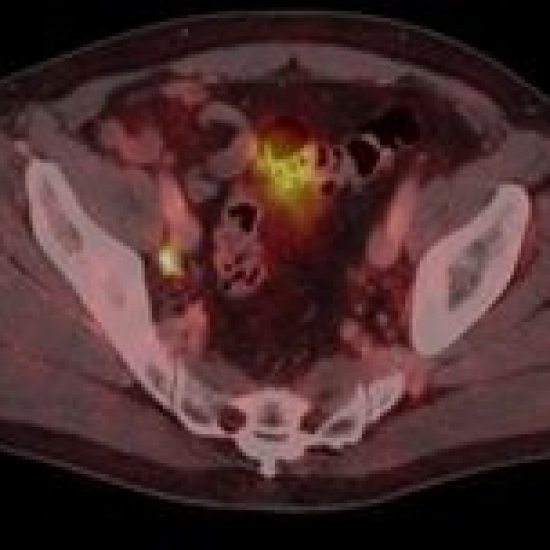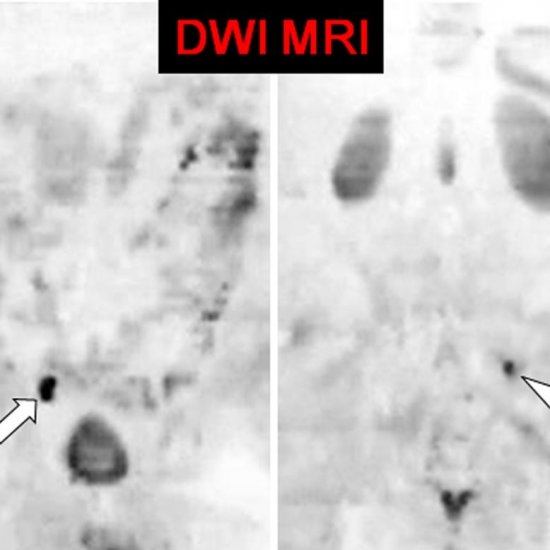
Postponed therapies, delayed diagnostics, discontinued long-term research: Covid-19 has put many processes on standby – with serious consequences. One year into the pandemic, we look at how experts from surgery to lab medicine are reshaping procedures to minimize the coronavirus collaterals – a task that is complicated further by the ongoing Brexit.
Enjoy reading!

Article • Covid-19 collaterals
Coronavirus impacts heart surgery across Europe
Cardiac surgery across Europe is being set back as a result of the ongoing coronavirus. Operations are being postponed, treatment delayed, and critical care staff have been redeployed to cope with the impact of the Covid-19 epidemic on health ...
 |
Article • Laboratory managementCovid-19: Overcoming unprecedented challengesDuring a pandemic, the demands for laboratory testing challenge routines in an efficiently run clinical laboratory. Gold standard procedures may need modification, or to be discarded, and the more nimble, resilient and receptive a lab is to change, ... |
 |
Article • Oncology expert debatePost-Brexit and future cancer research: What EU/UK deals may meanDespite Brexit uncertainties, four leading UK cancer research experts expressed optimism for continued pan-European collaboration and innovation during the online panel debate ‘Brexit deal: What it really means for cancer research and ... |
 |
Article • Corona demographicsWhy Covid-19 registries for cancer patients are so importantDue to compromised immune systems cancer patients are at higher risk of contracting infections. How does cancer impact on patients who also contract Covid-19? To collect this data, four cancer registries, one in the EU, one in the UK, two in the ... |
 |
Article • Advancing diagnostic accuracyPSMA PET/CT in prostate cancer evaluationHybrid PET/CT imaging can fully play to its strengths and steer treatment towards more effective procedures for diagnosing prostate cancer. The examination of the specific antigen PSMA with hybrid PET imaging enables treatment monitoring with ... |
 |
Article • Earlier, better insightsNew developments in whole-body MRI for prostate cancerWhole-body magnetic resonance imaging (WB-MRI) can detect prostate cancer and inform about treatment response and disease progression earlier and better than other imaging modalities. A Belgian expert will delve into the latest and future ... |
You are receiving this email because you subscribed to our newsletter on healthcare-in-europe If you don’t want to receive this newsletter anymore, click here to unsubscribe. Keep up-to-date on the latest news from all hospital-related fields! Copyright © 2025 mgo fachverlage GmbH & Co. KG. E.-C.-Baumann-Straße 5, 95326 Kulmbach, Germany |